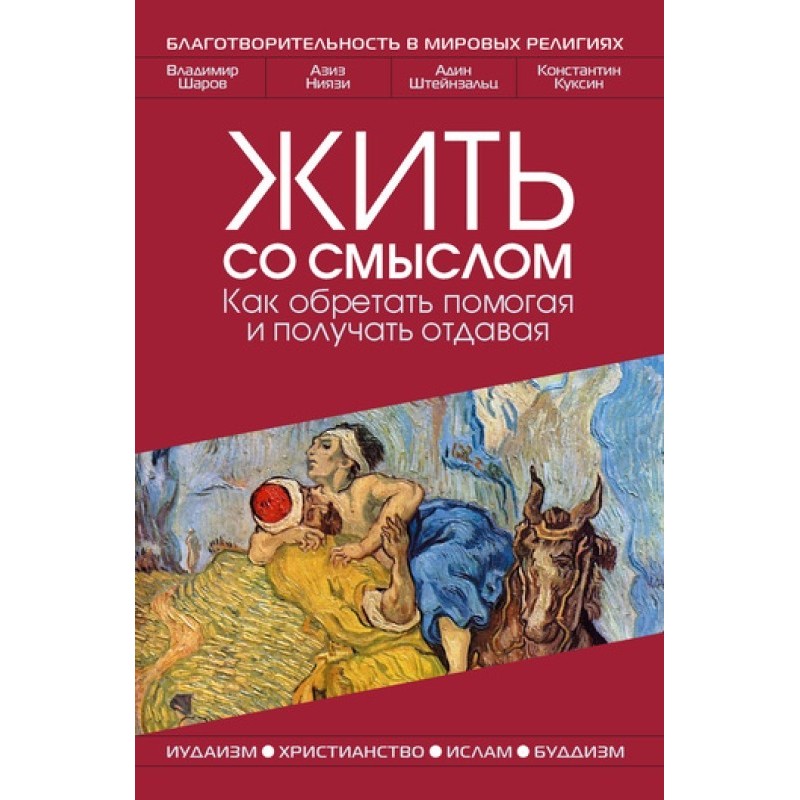Politics of piety. Islamic revival and the feminist subject
 Instant download
Instant download
after payment (24/7)
 Wide range of formats
Wide range of formats
(for all gadgets)
 Full book
Full book
(including for Apple and Android)
The book by Saba Mahmoud (1962–2018), an anthropologist and professor at the University of California, Berkeley, is a pioneering analysis of Islamist cultural politics. It is based on an ethnographic study of a grassroots women's piety movement in the mosques of Cairo, aimed not at capturing or transforming the state, but at reforming morality. By examining the traditional Islamic practices that its participants focused on, Saba Mahmoud shows how the movement was significant to Egypt's political landscape and how the ethical and the political are inextricably linked in its context. Her work seeks answers to three central questions: How do moral reform movements help us rethink the normative liberal approach to politics? How does women's adherence to the patriarchal norms underlying such movements problematize key tenets of feminist theory about freedom, agency, and power? And how does an analysis of debates about religious practice among Islamists and their secular critics help to understand the conceptual relationship between physicality and political imagination?
Data sheet
- Name of the Author
- Саба Махмуд
- Language
- Russian
- Translator
- Ксения Александровна Колкунова
Reviews
Глибокий та провокаційний аналіз
Книга "Політика благочестя" Саби Махмуд є надзвичайно важливим внеском у розуміння сучасних соціально-політичних процесів, що відбуваються в Єгипті та в ширшому контексті ісламського світу. Авторка, спираючись на своє етнографічне дослідження жіночого руху благочестя в мечетях Каїра, пропонує читачеві новий погляд на ісламську політику, яка не обмежується лише боротьбою за владу, але й зосереджується на моральному реформуванні суспільства. Махмуд вміло поєднує теорію з практикою, розглядаючи, як традиційні ісламські практики впливають на політичний ландшафт та як жінки, дотримуючись патріархальних норм, можуть стати агентами змін у своїх громадах. Книга спонукає до переосмислення феміністських теорій та підходів до політики, ставлячи під сумнів традиційні уявлення про свободу та владу. Це не лише наукова праця, а й важливий культурний коментар, який відкриває нові горизонти для дискусій про роль жінок у релігійних та політичних рухах. Рекомендую цю книгу всім, хто цікавиться антропологією, фемінізмом та політичною теорією!













